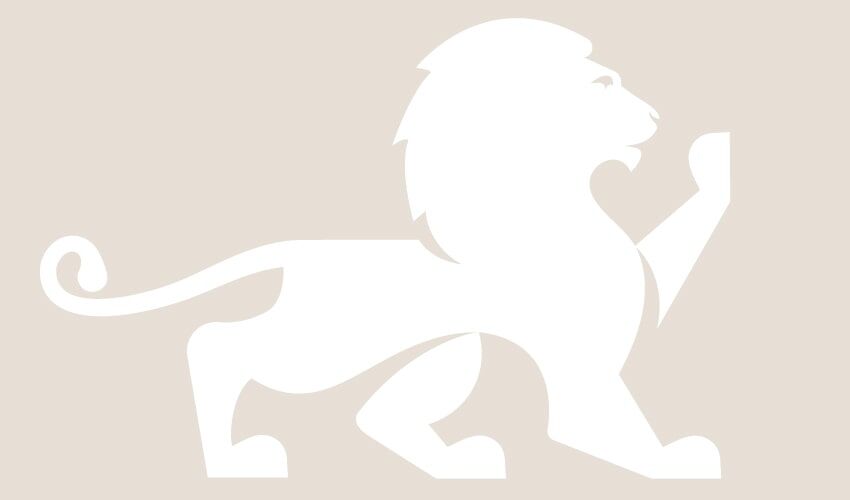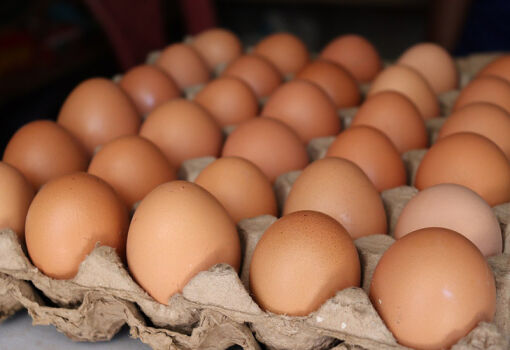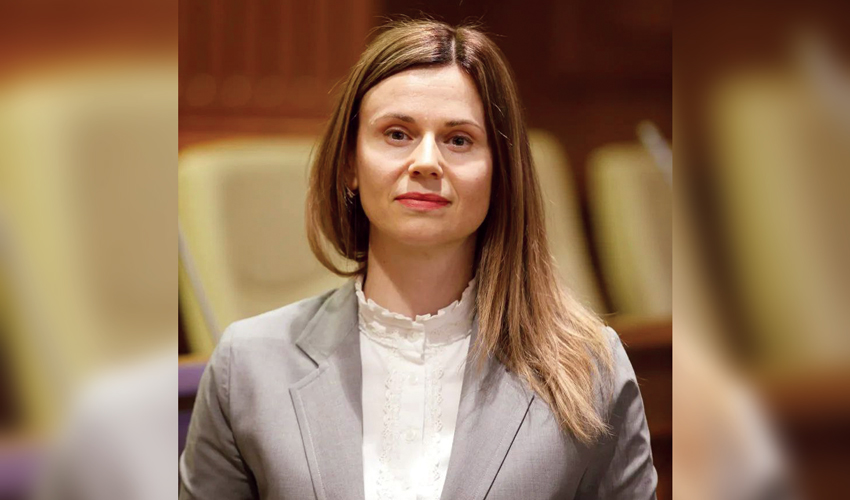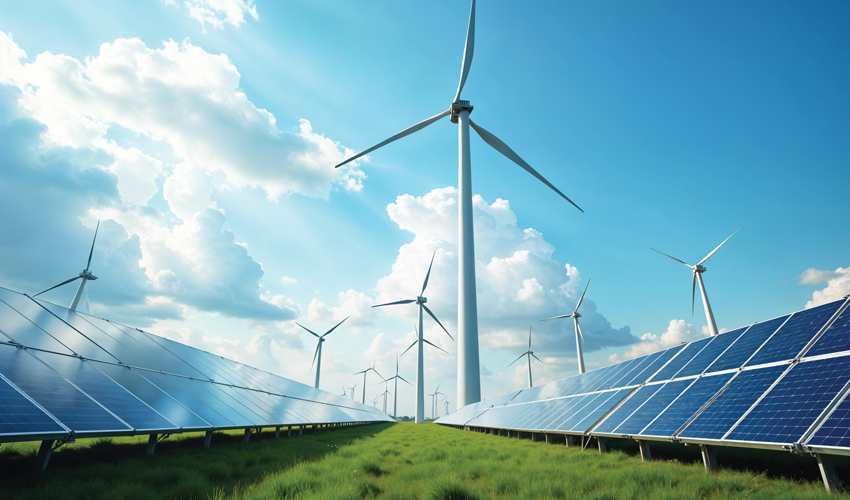
This task requires a fundamental revision of long-held perceptions and beliefs. Clinging to old orthodoxies is no longer an option. Europeans cannot preserve democracy and our way of life through soft power alone. We must abandon our taboos and re-learn the language of hard power. Only in this way can we contain and defend ourselves against those who directly threaten our values and interests.
Yes, since U.S. President Donald Trump returned to power, hundreds of billions of euros in additional funding have been allocated for defense. But these pledges are not enough. Defense spending of 2% of GDP was a reasonable, ambitious goal for NATO in 2014, when the U.S. was still playing, albeit reluctantly, the role of world policeman. But those days are gone. Just to keep up with Russia’s military development, Europe must at least double its defense investment. And I would go much further: Europe must reach a spending level of 4% of GDP by 2028. Future German Chancellor Friedrich Merz and Polish Prime Minister Donald Tusk ‘s ambitious plans for their countries should be copied by the rest of the continent.
More armies and more equipment will deter direct attacks, but guns and tanks are only part of the equation. If Europe’s additional spending is limited to military purchases, it will miss the chance to launch its own high-tech revolution. Technical innovation underpins the hard power of the US and China. On many fronts – artificial intelligence, quantum computing, critical infrastructure, biotechnology – Europe risks becoming stagnant while the major powers run ahead. In this scenario, our strategic dependence on the US and China will only increase.
To protect the rules-based system, we must rethink the composition of our community. While old formats like the G7 can still serve important purposes, we need new options for bringing like-minded democracies together. A coalition of democracies (D7) could create new tools to promote open trade and economic cooperation, defense partnerships, intelligence sharing, and access to critical minerals. New security mechanisms could even be created to counter both cyber-kinetic attacks and economic coercion by big powers – an economic counterpart to Article 5 of the NATO treaty on mutual defense.
To this end, the EU should work closely with traditional partners (e.g., the UK) and seek even closer relations with Canada, Japan, South Korea, New Zealand, and Australia. New options should also be sought with India, a democratic country whose GDP has doubled in the last decade and whose economy could become the world’s third largest by the end of the decade. The idea is not to replace America, but for Europe to remain resilient – with or without U.S. support.
Europe has for too long relied on cheap Russian energy, cheap Chinese goods and cheap American security and technology. This naive dependence is no longer possible. In addition to mobilizing budgetary resources for defense and technology, Europe needs a new social contract.
While we should not abandon what makes us European, some of the principles of the old welfare state need to be reconsidered. Freedom does not come free. European leaders need to be honest and open about the task before us and what it requires of us. Not all solutions will be popular, but we must remember that we have entered an era of crisis. Europeans need to be provided with the skills and resources to be self-reliant. We have much to learn from the Ukrainians and Taiwanese about building resilience and paying for freedom.
Every year I hold the Copenhagen Democracy Summit under the auspices of my foundation, the Alliance of Democracies. When I established this foundation in 2017, I was adamant that the U.S. would and should remain at the center of the global democracy alliance. But now we must prepare to live in a world in which America is not only unreliable, but even hostile and expansion-minded.
New circumstances call for new strategies. The defense of democracy is not a spectator sport. We will have to make some sacrifices because the alternative is unimaginably terrible. Europe has a chance to become the leader of the free world. Our descendants will not forgive us if we don’t take it.
Anders Fogh Rasmussen,
Secretary General of NATO from 2009-2014, former Prime Minister of Denmark, now founder of the Alliance of Democracies Foundation.
© Project Syndicate, 2025.
www.project-syndicate.org











